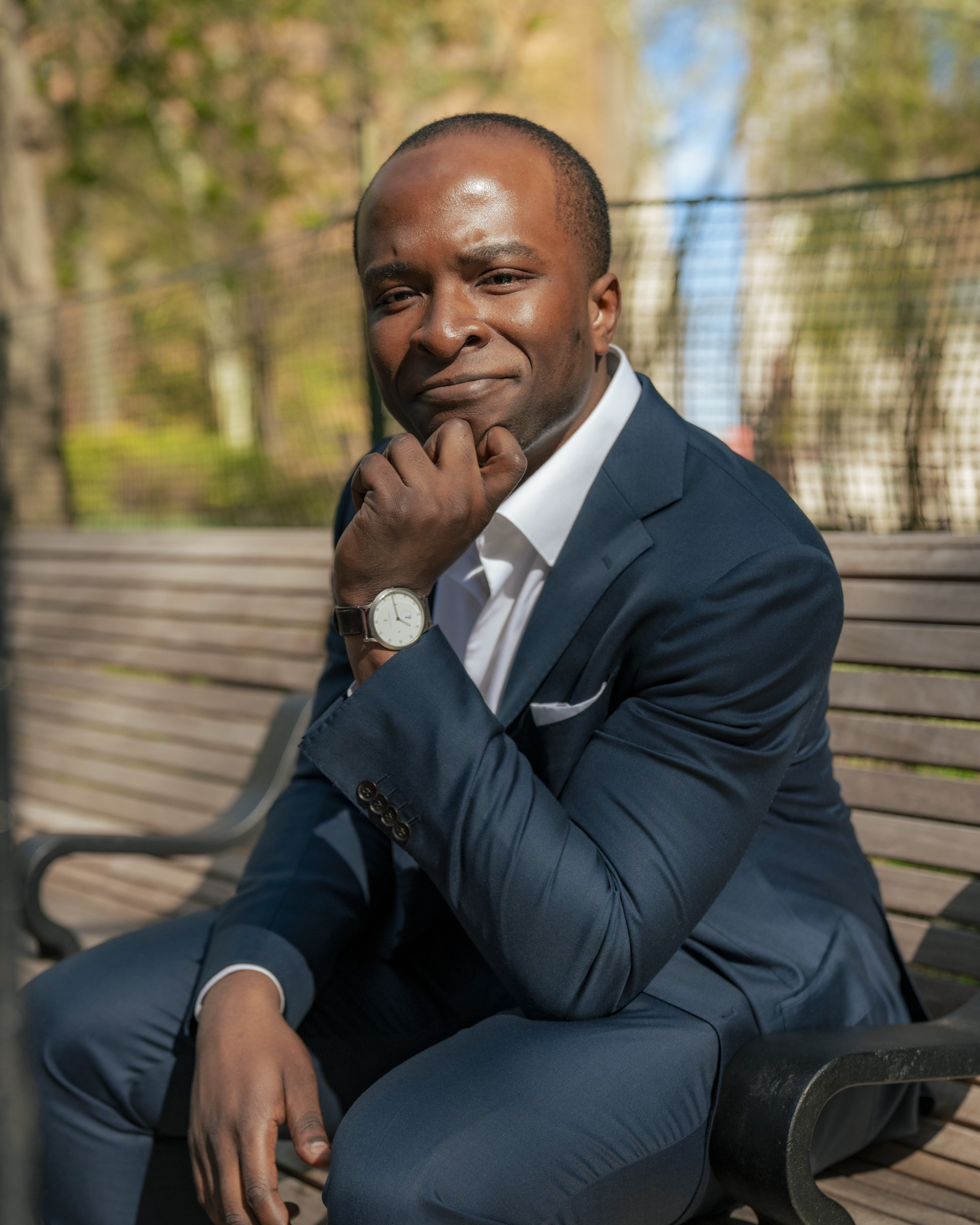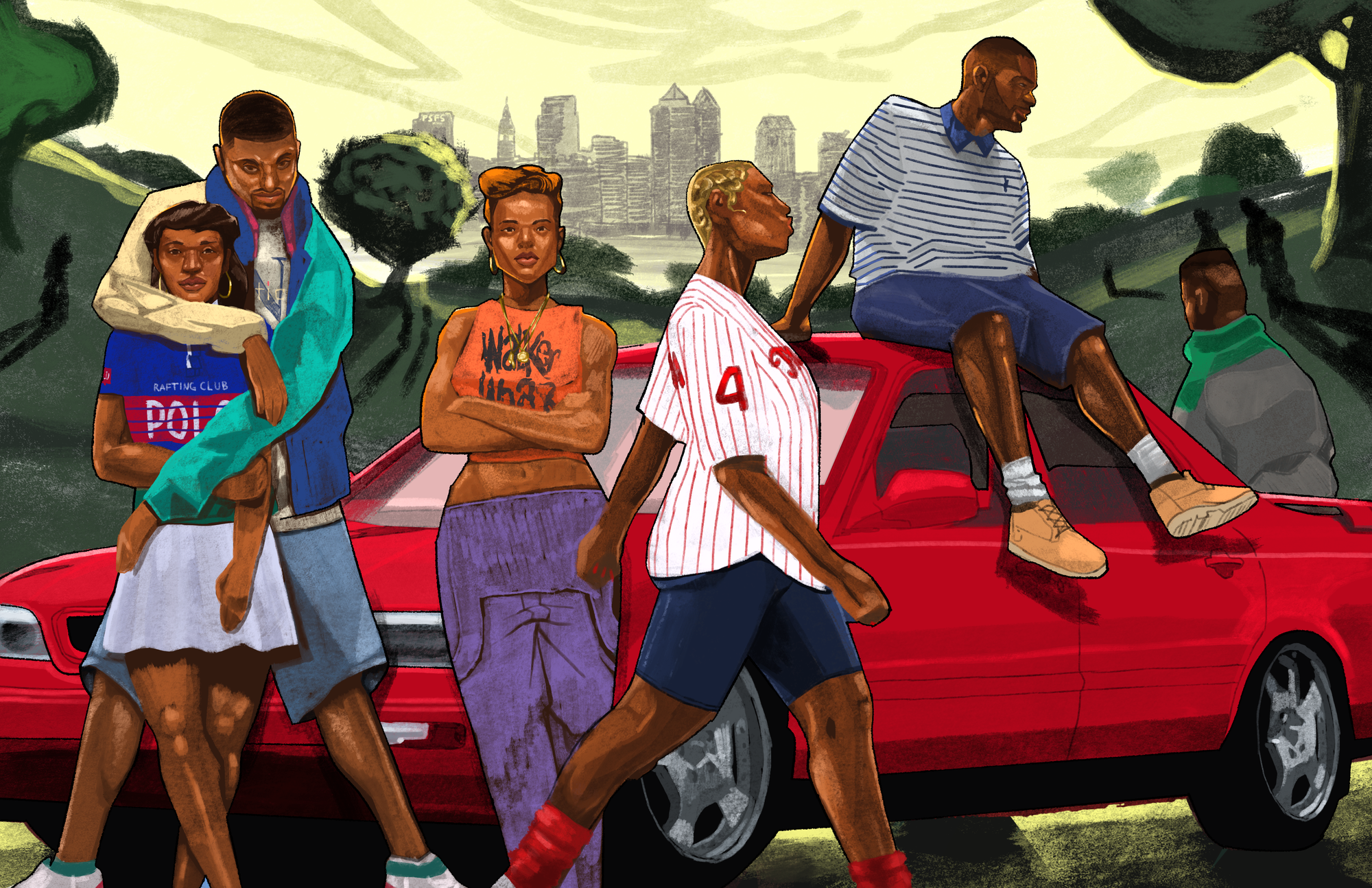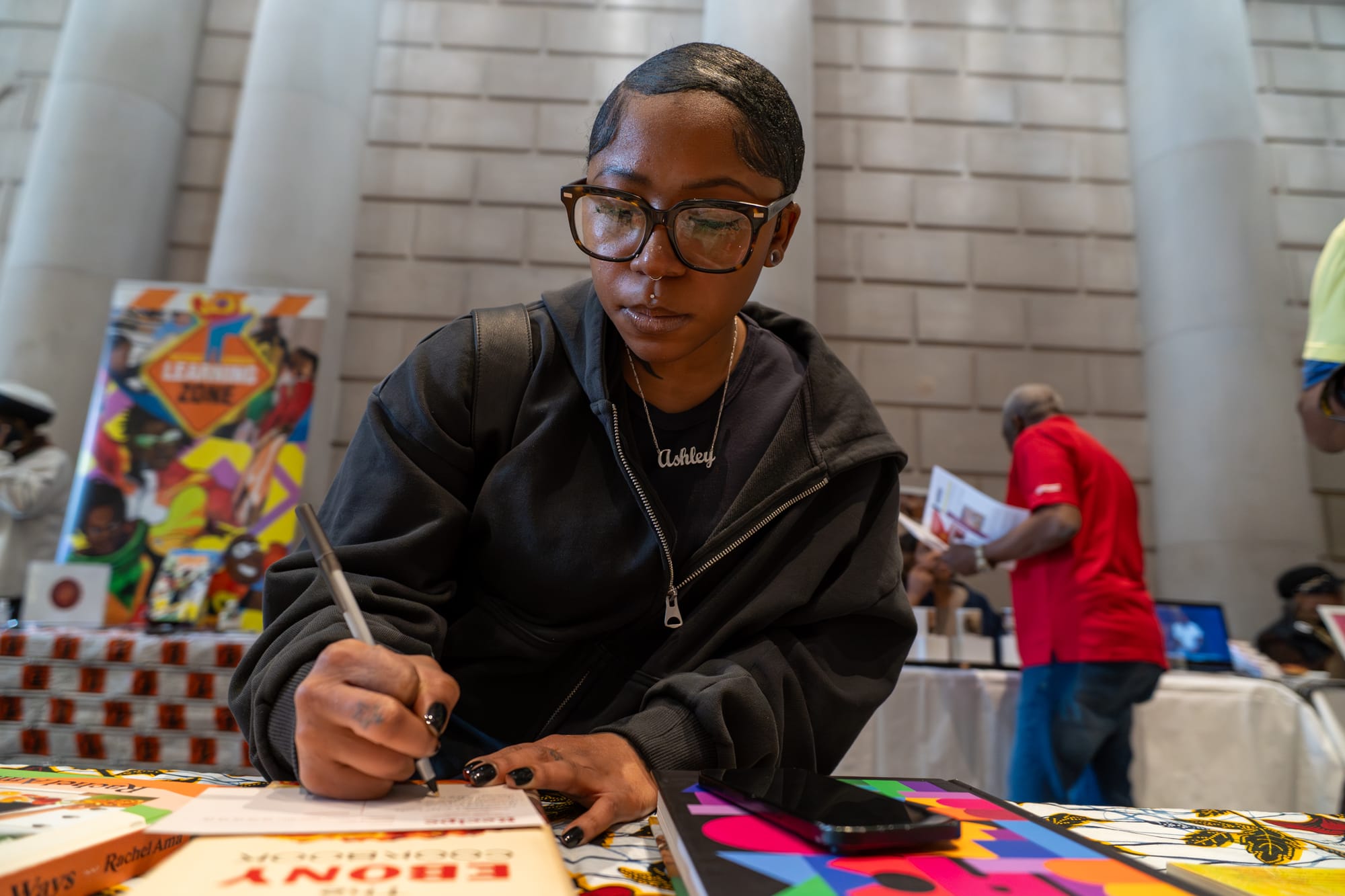Has America Moved Past the Death Penalty?
Supporters cite deterrence and closure, but scrutiny reveals the death penalty’s moral and practical flaws.
I found myself weighing this question as I read about Marcellus Williams, a man Missouri executed last week for a heinous murder he committed in 1998. The Supreme Court in a 5-3 decision allowed William’s execution to happen even as the prosecutor contested the conviction and thousands of civil rights activists around the country called for the Court to intervene.
And then again pushing on this question of whether we've moved past the death penalty, I think about one of America’s worst criminals: Khalid Shaikh Mohammed, the alleged architect of 9/11, an evil horrific crime that killed hundreds of thousands of innocent Americans and whose fate hangs in the balance as a military judge wrestles with whether the government can still pursue the death penalty.
To understand where we are with the death penalty right now, we must first reckon with where we've been. The death penalty is as old as the nation itself, but like so much of America's history, it's a story of progress and regression, of enlightenment and willful blindness.
In 1972, when the Supreme Court briefly halted executions with Furman v. Georgia. It was a moment of national introspection, a recognition that the way we were dealing death was arbitrary, capricious, and perhaps even cruel despite the fact that many times the people who were facing the death penalty had carried out some of the nation’s worst crimes. But this moment of reflection was short-lived. By 1976, with Gregg v. Georgia, the Court had convinced itself that a more structured approach to the death penalty could sanitize the process as if a bureaucratic process could somehow address the fundamental cruelty of the government carrying out state-sanctioned killing.
The ensuing decades saw a confusing dance – executions rose through the 1990s, then began a slow decline as we entered the new millennium. Democrat Micheal Dukakis in the 1988 presidential election was asked in a debate whether he would support the death penalty if Kitty Dukakis, his wife, were raped and murdered; Dukakis answered "no" and proceeded to give a deadpan professorial answer.
With an emotionless face and zero acknowledgment of the fact that in this hypothetical question, his wife was killed, Dukakis droned on about the statistical ineffectiveness of capital punishment. Americans thought his answer was weak and frankly heartless, so they quickly voted in his opponent then Vice President George H.W. Bush to the White House.
But behind this political moment in the 1988 presidential debate was a real conversation that was coming back to the American forefront: does America still need the death penalty?
Those who defend the death penalty then and now often speak of deterrence, of closure for victims’ families, and of society's right to ultimate retribution. These arguments have a certain primal appeal, speaking to our deepest fears and our most visceral notions of justice. But they crumble under scrutiny.
Consider the notion of deterrence. Proponents argue that the threat of execution warns would-be murderers to be wary of committing evil crimes. Yet the states that have abandoned the death penalty consistently report lower murder rates than those that cling to it.
Or take the idea of closure for victims’ families. It's a comforting thought – that somehow, through this ultimate punishment, we can bring peace to those who have suffered unimaginable loss. But talk to these families, really listen to them, and you'll find that execution often brings not closure, but a hollow emptiness. Some even find themselves opposing the very sentence they once sought, recognizing that adding another death to the ledger does nothing to fill the void left by their loved one.
And what of retribution, that most ancient of justifications? "An eye for an eye," they argue, as if justice can be reduced to a simple equation of pain for pain. But is that truly who we are as a nation? Are we not supposed to be better, more enlightened, and more humane than the worst among us?
The truth is, the death penalty reveals more about us – about our fears, our biases, our capacity for cruelty – than it does about those we condemn. Look at the racial disparities in sentencing, the economic inequalities that determine the quality of defense, and the geographic lottery that makes the difference between life and death.
And you know what the most chilling aspect of this all is – the irreversibility of death. We like to believe in the infallibility of our justice system, but the growing list of exonerations tells a different story.
So I ask again: has America moved past the death penalty? The answer, I fear, is not yet. But there are signs of hope. Twenty-three states have abolished it. Public opinion is shifting, thousands of activists last week came out against the execution of Marcellus Williams. Even in states that retain the death penalty, actual executions are becoming rarer.
But moving past the death penalty requires more than just halting executions. It demands a fundamental shift in how we view justice, punishment, and the value of human life. It requires us to confront the ugly truths about racial and economic disparities in our justice system. It calls us to imagine a society that seeks to heal rather than to hurt, to rehabilitate rather than to destroy.
The path forward is not easy. It requires us to reject the comforting simplicity of vengeance and embrace the complex, difficult work of building a truly just society. It asks us to see the humanity in even those who have committed the most heinous acts, not for their sake, but for our own.
In the end, the death penalty says less about those we execute than it does about us as a society. And as long as we allow it to continue, we remain tethered to a dark part of our history, unable to fully step into the light of a more just and humane future.




